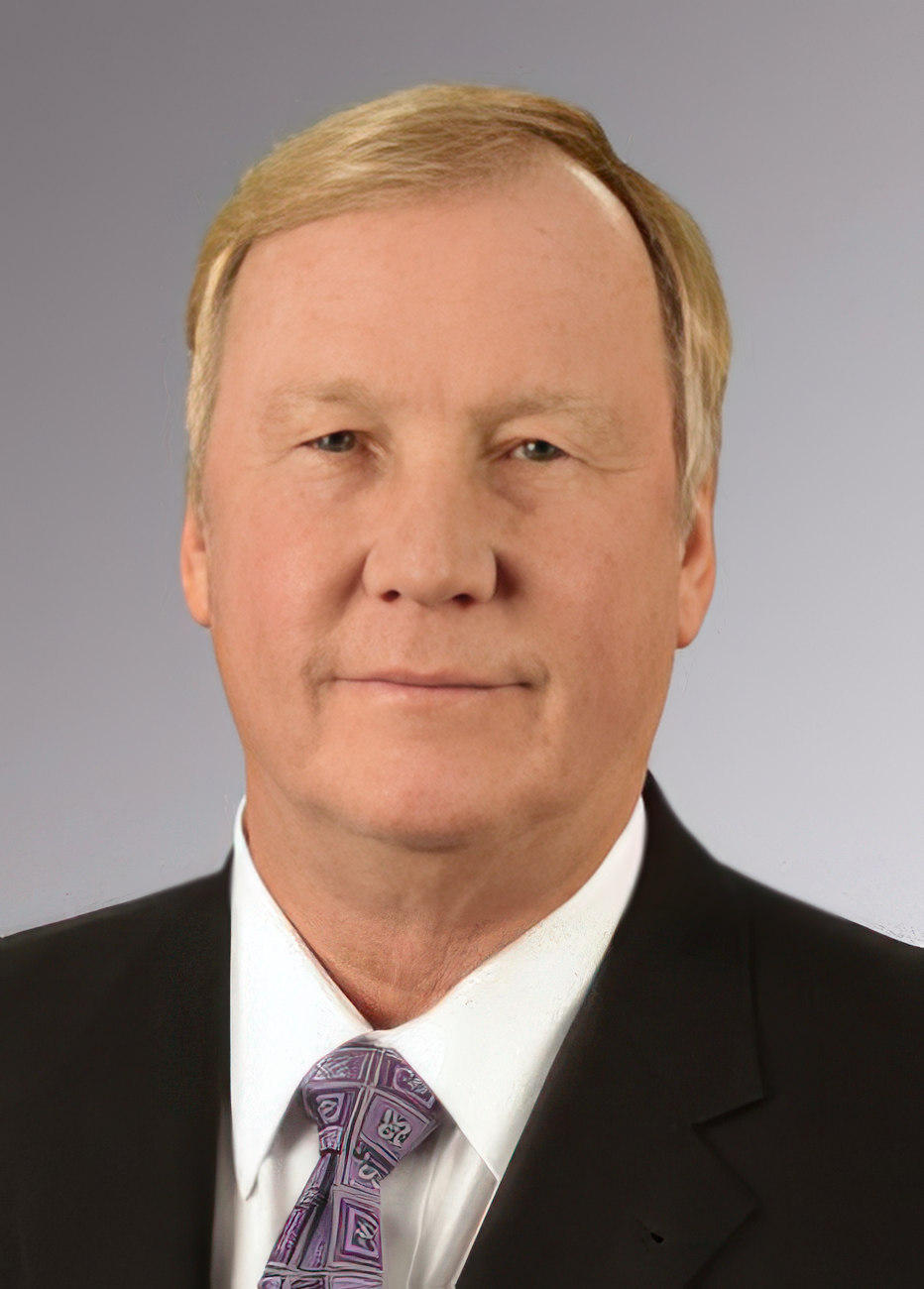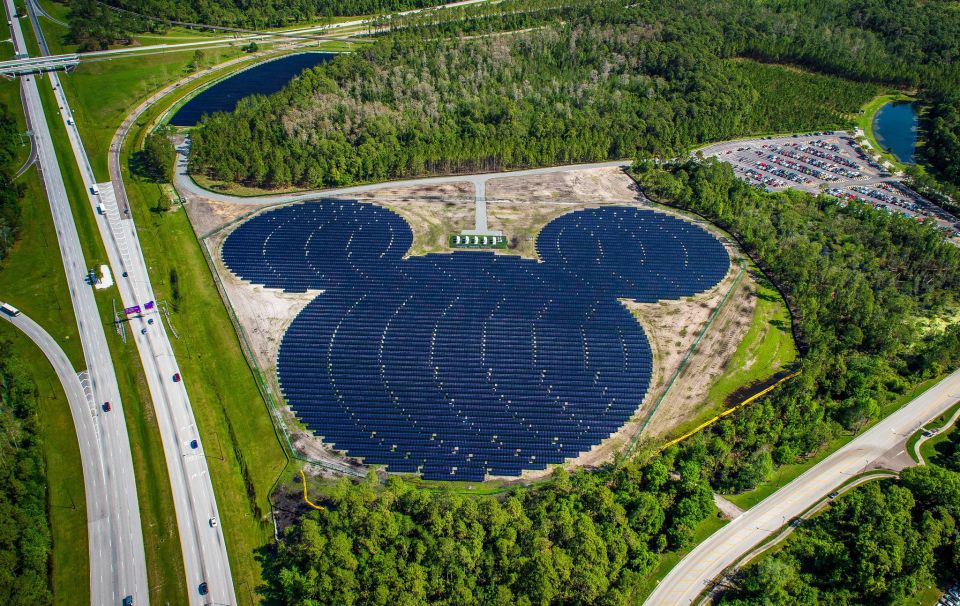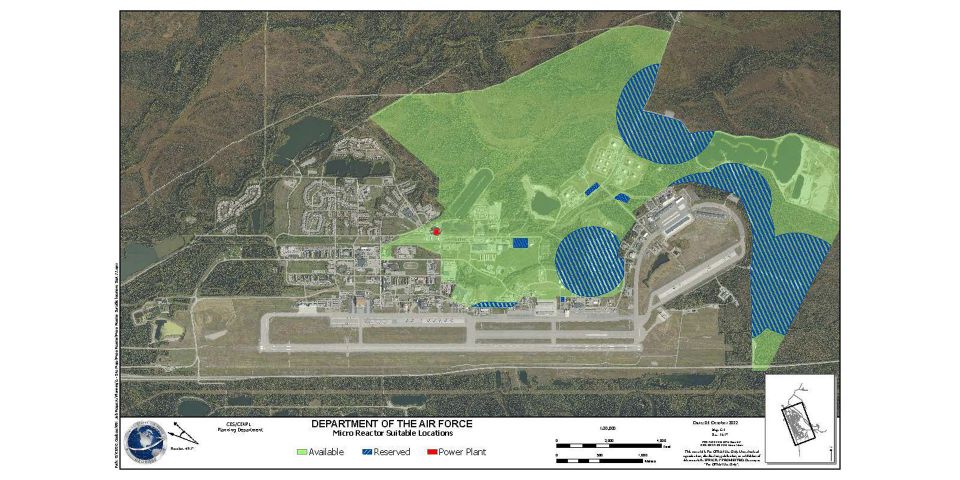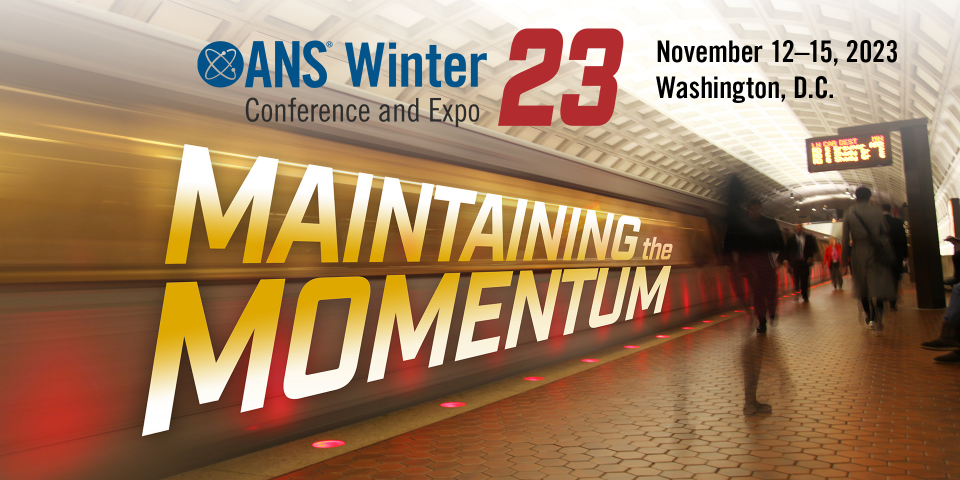ANS Winter Meeting: NuScale CEO on “unfortunate” UAMPS cancellation

Hopkins
This morning, just ahead of the plenary session “Space: The (Next) Nuclear Frontier,” American Nuclear Society Executive Director/CEO Craig Piercy invited John Hopkins, president and CEO of NuScale Power, to take the stage. The audience knew Hopkins was there not to announce a new contract or business development, but to answer the spoken and unspoken questions that followed last week’s announcement that the Carbon Free Power Project (CFPP)—for years expected to be NuScale’s first operational reactor—had been terminated by mutual agreement of the company and its customer, Utah Associated Municipal Power Systems (UAMPS).
Predictably, media headlines have burbled with doubt about the prospects for nuclear energy because one high-profile contract backed by significant cost-shared funds from the Department of Energy had been cancelled—out of dozens of ongoing projects by NuScale and other reactor developers. But those headlines—and the questions of curious ANS members—deserve a response.





